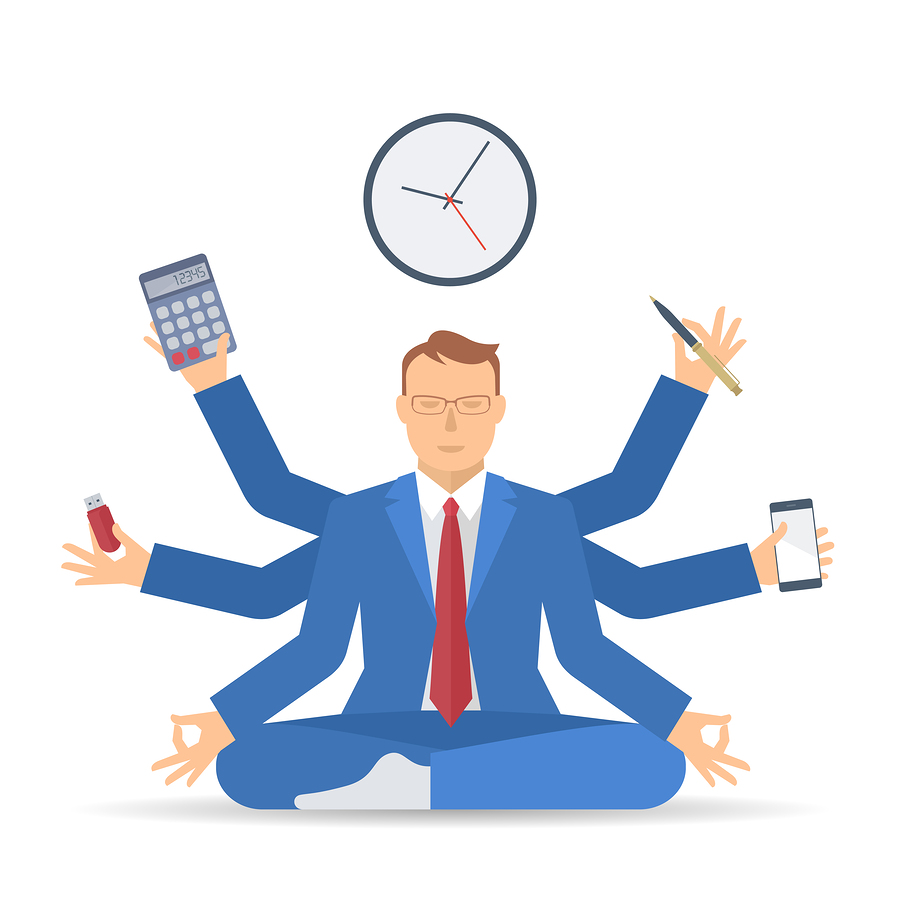Life gets busy, so who has time for the “self care” we keep hearing we should schedule? We’ve heard how daily mediation could be the key to peace and clarity, how consistent yoga classes could benefit our bodies and minds, and how journalling could unclog the drain of clogged emotions. But for those of us running at warp speed, the prospect of throwing hours of recreational time we don’t seem to have at a new hobby can seem daunting, if not impossible.
The American Psychological Association reports that Americans are more stressed than ever before. Finances, politics, health and insurance issues add to the almost constant traffic which amounts to a mental rush hour of sorts, and allows little time for the relief and peace that so many crave. Most people see the value in mindfulness for their mental, physical, and emotional health, but setting aside time for meditation, regular nature walks, yoga, and journaling isn’t always sustainable.
With this in mind, Centered Recovery has decided to start a new series called “Mindful Moments”, where we stress the importance of mindfulness not as a “practice you have to do”, but rather, as a way of living. In other words, all the things you ordinarily already have to do in a day can be experienced in a new, more mindful (and possibly more peaceful) way. If small moments can be experienced with new clarity, they may ultimately add up to an improved perspective and sense of wellbeing overall, which may in turn pave the way for even more impactful things.
Turn Down The Noise
My 9 year old daughter loves being able to play on her iPad, but she often turns to us, frustrated, when it doesn’t seem to be working right. More often than not, the solution is simple: close the 87 tabs she has running on her browser and voila, the device seems good as new. While human beings are a bit more complex than that, similar logic can be applied. The prolific amounts of technology at our fingertips means that often every free moment tends to be filled with catching up on our favorite Netflix series, listening to podcasts, checking the score on sporting events, checking emails, sending texts, and checking in to social media. Research shows that this kind of mental barrage can raise stress levels, drains us of precious mental energy, and limits our ability to daydream—which is a key factor in creative problem solving.
The answer is obvious: turn down the noise! It may seem like a crime to “waste” precious waking moments not multi-tasking, however, continuously running that brain bandwidth past its maximum capacity could be adding to your stress, keeping your creative senses dull, and paradoxically allowing you to accomplish less. Here are a few things to try, feel free to add your own in the comments below:
*Drive in Silence: the news (and repetitive top 40) can wait. On the way to work, enjoy the quiet as a way to arrive with a clean slate. On the way home, allow solitude to wipe the slate clean for your family.
*Limit the Smart Phone: The APA report showed that 45% of Americans confess being constantly connected to their smart phones (and all its distractions) during a typical work day. And the need to check in is directly linked to increased stress, as well as limited productivity. What we may think of as helpful may be more of a hindrance, so limit your phone time down to something manageable. Put it away during large chunks of your morning if possible, and commit to turning it off in the evenings by a certain time. Your boss, your family, and likely your sleep patterns will all thank you.
*Pull the Plug on Earbuds: Standing in a long grocery line? Waiting for your doctor to call your name? Don’t reach for those earbuds to fill the time. Instead, take those few moments to sit or stand quietly where you are. Notice your surroundings, try to appreciate what you can see, smell and hear. Feel your feet in your shoes. Little connections to your five senses can help you feel physically grounded, which may free up some of that precious mental bandwidth for when you really need it.
*Single task, Don’t Multi-task: Research proves that even self-proclaimed star multi-taskers are really just splitting their concentration between things, often unevenly, which can lead to missing important details or decreased abilities with whatever we’re working with. Rather than attempting to do five things at once in an effort to save time, put your attention on just one thing at a time and savor the feeling of less stress and split concentration. You may even find you can accomplish much more by tackling (and possibly enjoying) things individually, and it will definitely lower your risk of mental burnout.






